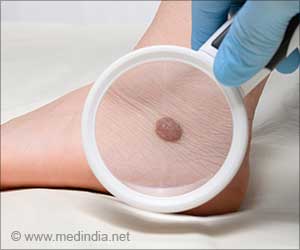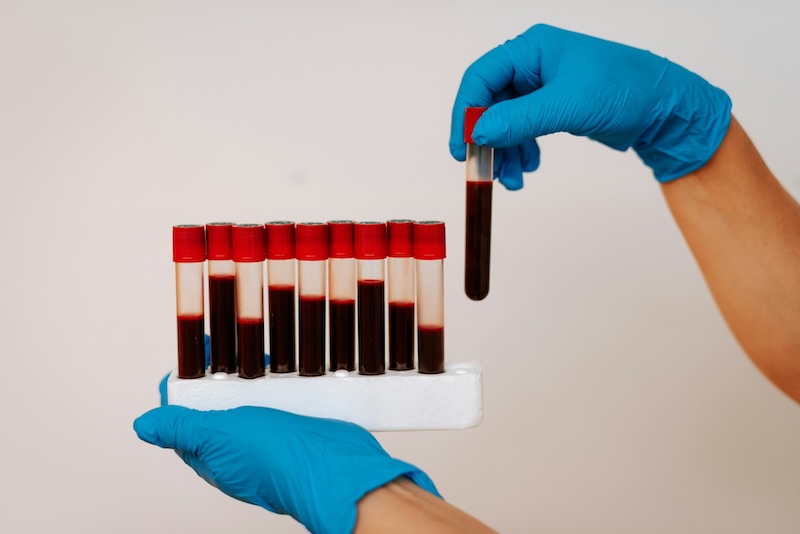A groundbreaking study has discovered a way to predict whether patients with triple-negative breast cancer (TNBC) will respond well to...
Vous n'êtes pas connecté
 - KNOWRIDGE.COM - A La Une - 19/Aug 10:13
- KNOWRIDGE.COM - A La Une - 19/Aug 10:13
New blood test predicts treatment success in aggressive breast cancer
A groundbreaking study has discovered a way to predict whether patients with triple-negative breast cancer (TNBC) will respond well to immunotherapy—using just a blood test. Researchers have identified specific proteins in the blood that are strongly linked to how patients react to treatment. These proteins include ARG1, NOS3, and CD28. Using this information, the scientists […] The post New blood test predicts treatment success in aggressive breast cancer appeared first on Knowridge Science Report.
Articles similaires
Blood test predicts immunotherapy efficacy in triple-negative breast cancer
A new study has identified a set of plasma proteins that can predict whether patients with triple-negative breast cancer (TNBC) will respond to...
New Study Predicts Immunotherapy Success in Melanoma
Study finds specific genes that help predict how melanoma patients will respond to immunotherapy, paving the way for more personalized cancer...
Study finds promising new combo therapy for drug-resistant melanoma
A new study may offer a breakthrough for patients with advanced melanoma who don’t respond to current immunotherapy treatments. The research,...
Radiation therapy improves lung cancer therapy
A new study has shown that radiation therapy can make certain lung cancers more responsive to immunotherapy, even if they usually don’t respond to...
New blood test detects early-stage cancers before symptoms appear
Most current cancer tests work by detecting biomarkers—molecules in the body that indicate a disease is present. These biomarkers are often produced...
How lactate fuels breast cancer—and how to stop it
A new review reveals how lactate and its derivative lactylation process drive breast cancer progression, opening new therapeutic possibilities. The...
Popular sugar substitute may weaken cancer treatment
Sucralose, an artificial sweetener used in many diet sodas and sugar-free foods, is often chosen by people who want to cut calories or manage blood...
This blood test can catch pancreatic cancer early
Pancreatic cancer is one of the most dangerous cancers. It’s often discovered too late, when it has already spread, making treatment very hard. But...
This blood test can catch pancreatic cancer early
Pancreatic cancer is one of the most dangerous cancers. It’s often discovered too late, when it has already spread, making treatment very hard. But...
Les derniers communiqués
-
Evergreen Elevate Heads to Australia to Empower MSPs with Valuable Strategies and Insights on Better M&A Practices
Evergreen Elevate - 29/07/2025








